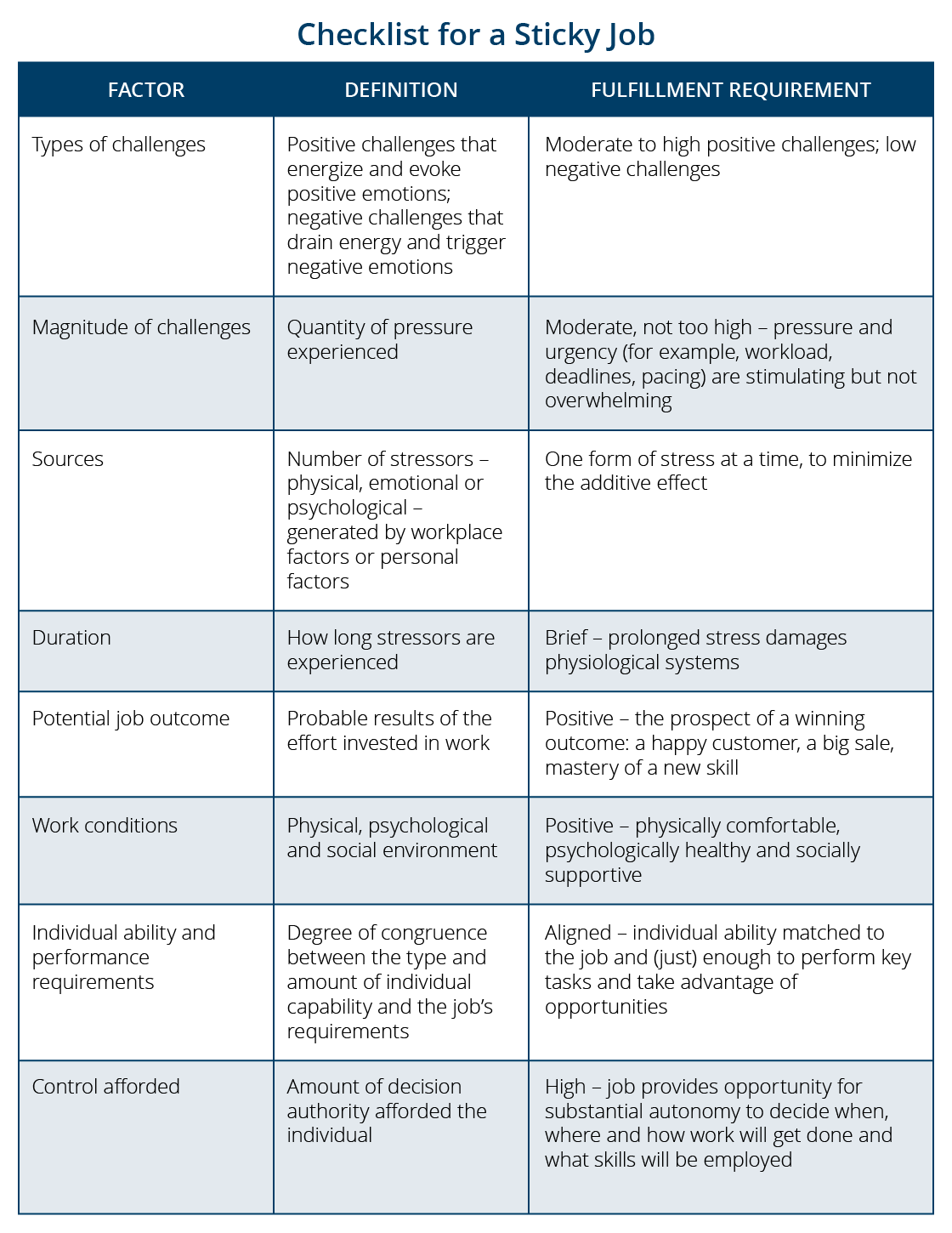The last 110 years have brought us a Great War, a Great Depression, a Great Recession and now, a Great Resignation. We’ve experienced this latest upheaval thanks largely to the COVID pandemic. In the wake of workplace disruption caused by the virus, many workers have felt forced – or have chosen – to radically change the way they view their work, their lives and their jobs.
Job Quits Are Up
One result has been a rapid increase in the number of people quitting their jobs. The Bureau of Labor Statistics reports that, in August, September and October of 2021, quits in the U.S. labor market (the number of people voluntarily leaving their jobs as a percent of total employment) was 2.9%, 3.0% and 2.8%, respectively. The September percentage figure translates to a record 4.43 million people unhappy enough about their jobs to look for other opportunities – another employer, early retirement or an entrepreneurial option.
Leaving A Bad Situation or Finding a Good One
Some have left their jobs to avoid an oppressive work environment. Many have felt burdened by pandemic-driven staffing shortages, to which many employers responded by allocating an unchanged workload across a shrinking employee population. Others have felt forced to return to the workplace in spite of concerns about their health vulnerabilities in the face of employer indifference to workplace safety protocols.
On the other side, staffing shortages have produced a seller’s labor market, with employee-consumers enjoying a sharp increase in their bargaining power and the strength of their negotiating position. The resulting increases in wages and enriched benefits have enticed some to find new employer. Third-quarter 2021 wage growth for all industries was 3.3%, according to the U.S. Department of Commerce, but it reached 6.6% for job switchers. That compares to 4.8% growth for workers who stayed in their jobs and just 2.5% for new entrants to the labor market.
In other cases, people have experienced “pandemic epiphanies,” a term coined by Texas A&M psychologist Anthony Klotz. Having enjoyed unexpected freedom while working remotely, along with more during-the-day contact with family, they are disinclined to return to a conventional job at a typical work site. Instead, the prospect of continuing a new-found work/life balance has led some to look beyond employers to find entrepreneurial opportunities. Between January and October of 2021, entrepreneurs applied for federal tax-identification numbers to register 4.54 million new businesses, up 56% from the same period in 2019.
What Should an Employer Do?
Higher pay and better benefits no doubt entice people to accept job offers. And some organizations have implemented retention bonuses to make leaving more financially painful. But these are at best commitment strategies – they give people reasons to stay with a company, but not to care more than minimally required about their jobs or invest extra effort in their performance. These solutions lose their power as soon as a better offer presents itself.
Instead, enlightened employers should consider the more fundamental reasons why employees leave jobs, managers and companies. Forget the pandemic effects for a moment and ask: what do people really want from their work, besides financial rewards, whether there’s a virus raging or not? In other words, what kind of work makes people so engaged and inspired that they don’t bother looking for another job or even answer the phone when a recruiter calls?
Answering this question requires managers, collaborating with employees, to identify the fundamental building blocks of great jobs and then architect work that engages employee energy, capitalizes on individual traits, supports personal well-being and contributes to organizational prosperity. The table below provides a checklist of the requirements for a sticky job – one so appealing that people don’t want to quit.

These factors all speak to the idea of a sweet spot: the right amount of challenge; a manageable level of stress; enough control to influence how, when and where work gets done.
To be sure, no employer can afford to fall far behind the market in paying wages and offering benefits. Market-savvy employee-consumers will certainly use their bargaining power to get the best financial deals they can negotiate. Equally though, it’s short-sighted to believe that competing on dollars alone will deliver a long-term solution to either companies or individuals. Certainly, many of those who have taken the entrepreneurial path have done so because they believe they can make more money working for themselves. Others, however, have gone independent because their corporate working lives became intolerable. Better pay and more time-off won’t fix that.
Meeting the market price is a necessary but not sufficient response to providing what people really want from their work. Smart companies will respond to the current preponderance of employee-consumer power by doing what they should already have been doing: making jobs compelling as well as financially attractive.




